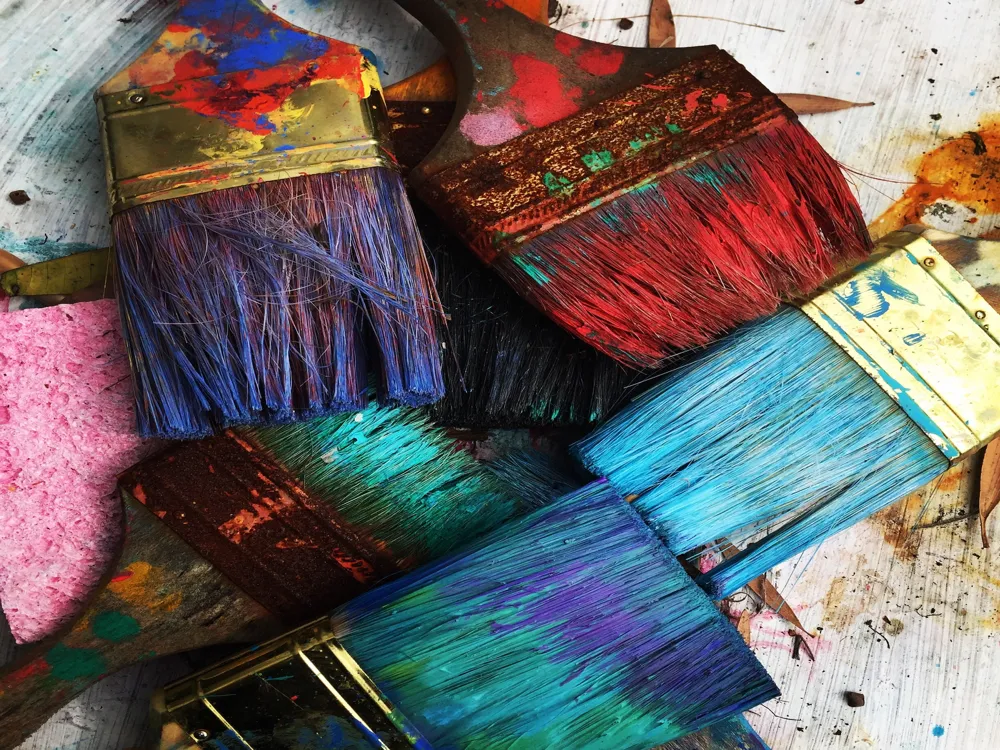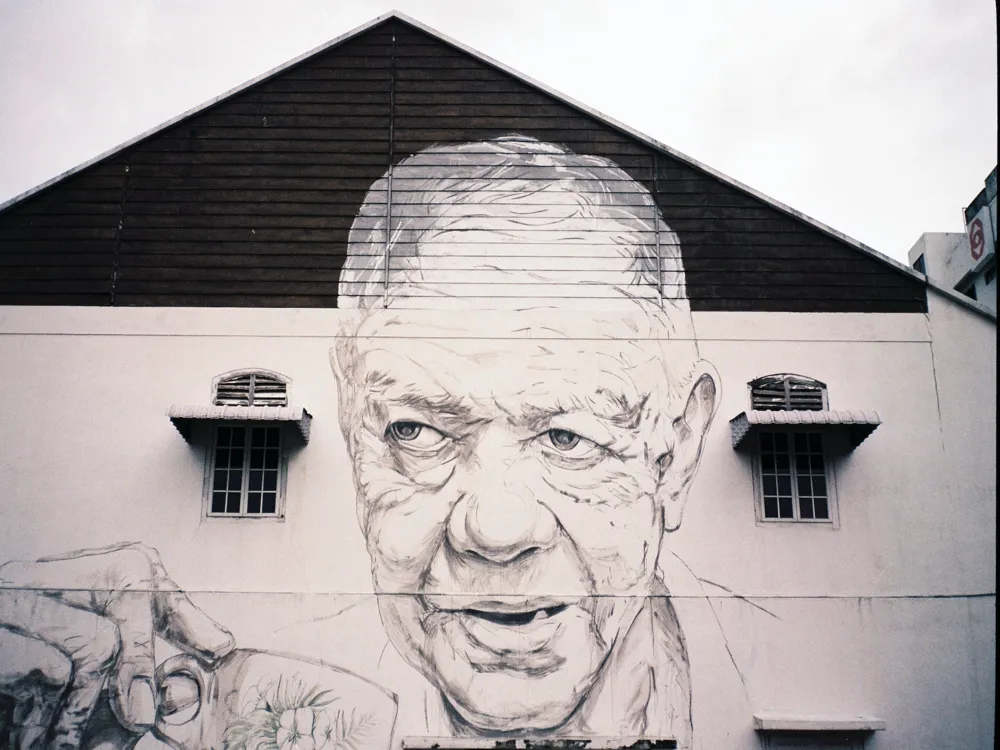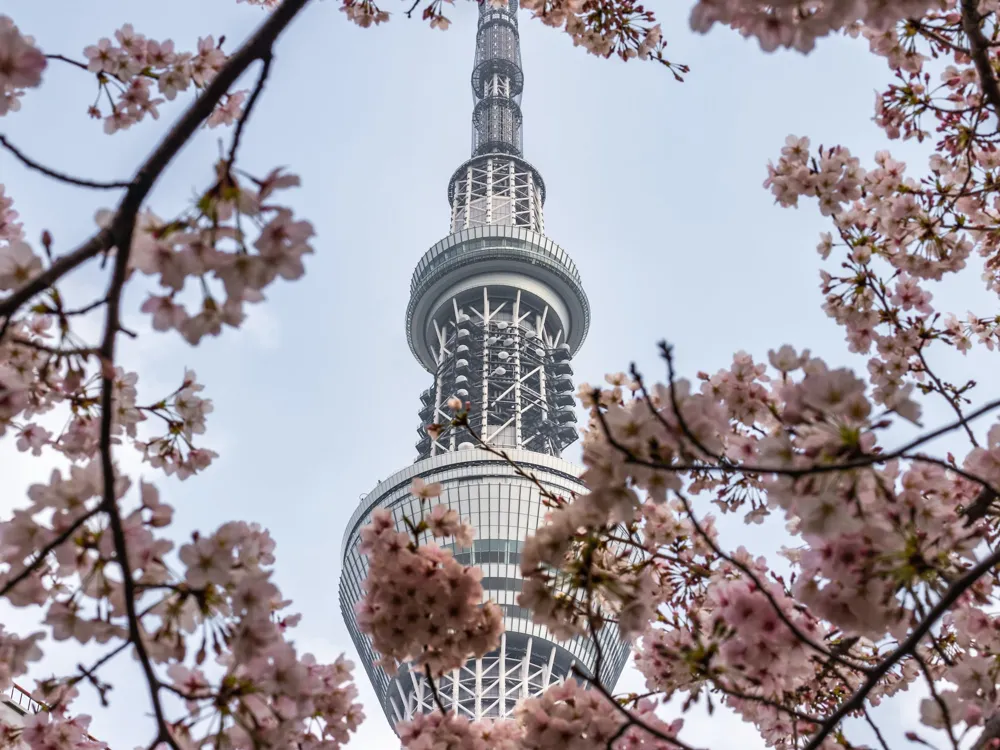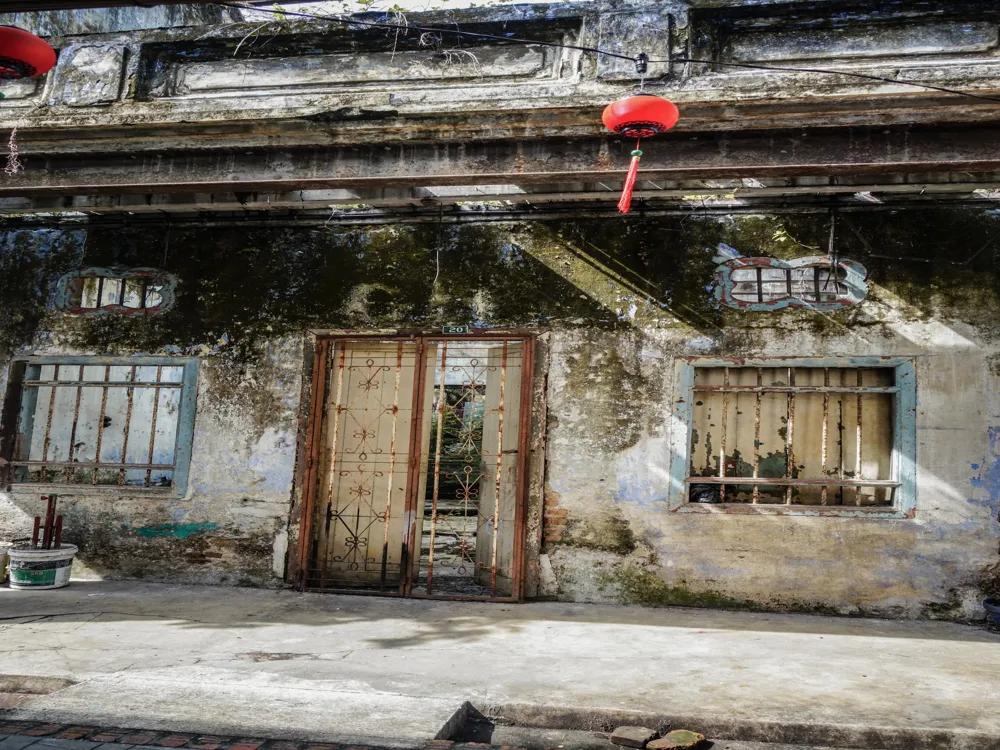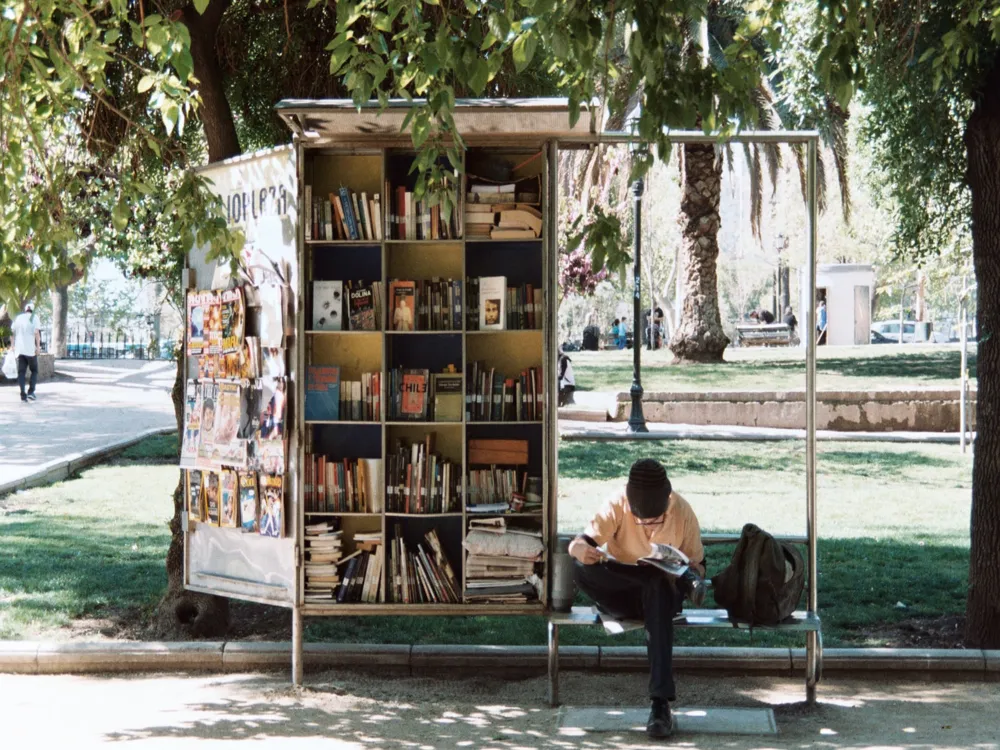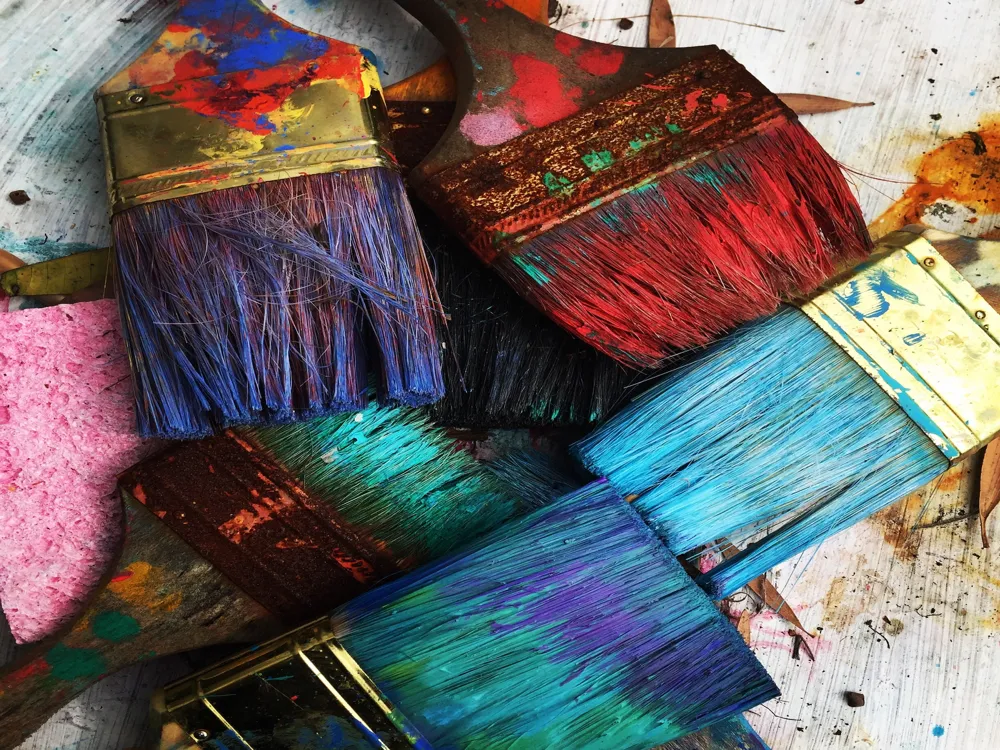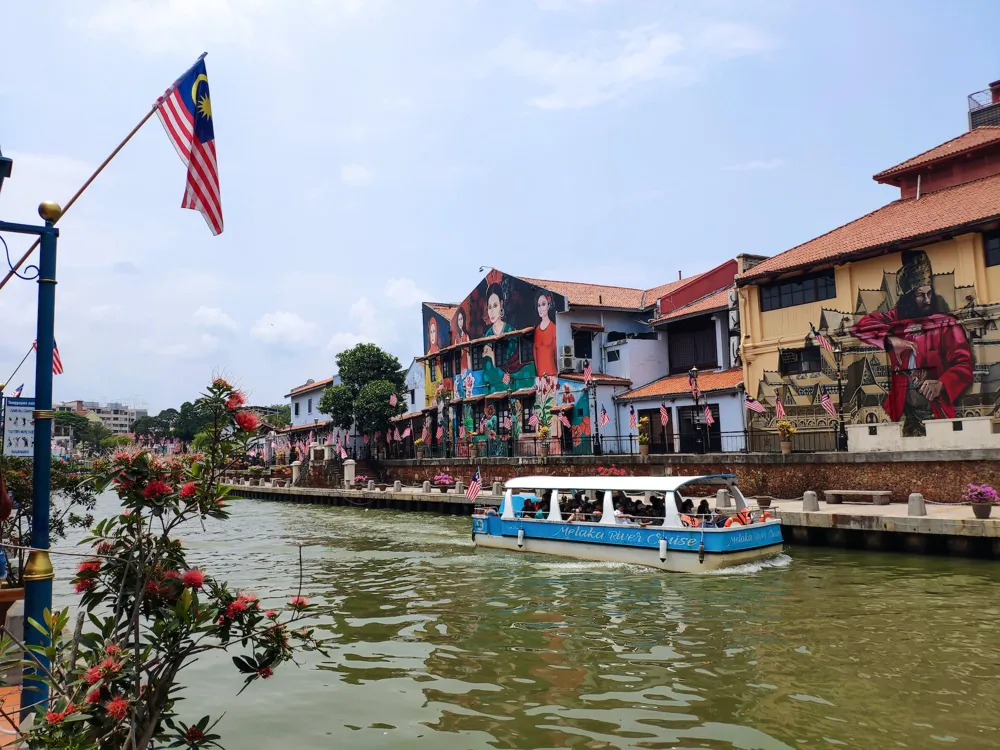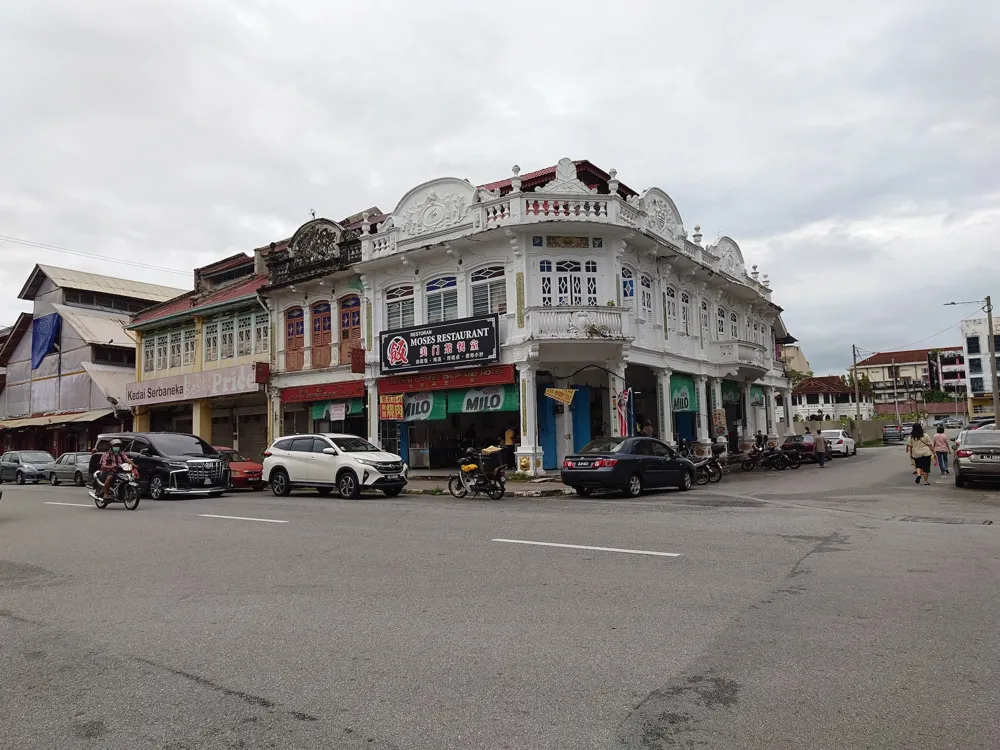Nestled in the heart of Ipoh, Perak, Han Chin Pet Soo, often referred to as the Hakka Miners' Club, stands as a testament to the rich cultural and historical tapestry of Malaysia. This fascinating establishment, originally founded in the late 19th century, served as an exclusive club for the tin miners of Hakka descent. Today, it has been transformed into a museum that offers a window into the lives of these miners and the Hakka community's significant contribution to the development of Ipoh and the tin mining industry. The inception of Han Chin Pet Soo can be traced back to 1893, under the stewardship of Leong Fee, a prominent Hakka tin miner and philanthropist. The club initially served as a hub for the Hakka community, offering a sanctuary where members could engage in leisure activities, socialize, and seek solace away from the grueling demands of the tin mines. Over the years, Han Chin Pet Soo evolved into a symbol of prosperity and unity for the Hakka people in Ipoh. As visitors step into the Han Chin Pet Soo museum today, they are immediately transported back in time. The museum meticulously preserves the original architecture and interior design, providing an immersive experience that captures the essence of the early 20th century. Each room within the building tells a different story, from the opulent lifestyles of the tin mining tycoons to the daily struggles and aspirations of the miners. The exhibits showcase a range of artifacts, including photographs, personal belongings of the miners, and tools used in tin mining, offering a comprehensive narrative of the era. The importance of Han Chin Pet Soo extends beyond its historical significance. It serves as a cultural beacon, shedding light on the Hakka people's customs, traditions, and their indomitable spirit. The museum also plays a vital role in educating visitors about the broader history of Malaysia, particularly the socio-economic dynamics of the early 20th century. Its preservation and conversion into a museum have been instrumental in fostering a deeper understanding and appreciation of Malaysia's diverse cultural heritage. A visit to Han Chin Pet Soo is not merely a journey through a museum; it is an exploration of the rich tapestry of Malaysian history, culture, and the enduring legacy of the Hakka community. The museum stands as a proud reminder of the resilience and entrepreneurial spirit that played a pivotal role in shaping the city of Ipoh and, by extension, the nation of Malaysia. The architectural splendor of Han Chin Pet Soo is a remarkable feature that adds to its allure and historical significance. Reflecting the socio-cultural landscape of early 20th-century Malaysia, the building is an exemplary model of the eclectic architectural styles prevalent during the tin mining boom. The structure harmoniously blends elements of traditional Chinese architecture with colonial British influences, creating a unique aesthetic that is both elegant and historically rich. The facade of Han Chin Pet Soo is characterized by its striking symmetry and the use of classic Chinese architectural elements. The roof, adorned with intricate ridge tiles and ornate finials, exhibits the traditional Chinese preference for curved, sweeping lines. The gables are embellished with colorful ceramic figures and motifs, depicting scenes from Chinese folklore and mythology, which were believed to bring good fortune and ward off evil spirits. The influence of British colonial architecture is evident in the building's layout and the use of materials. The use of locally sourced timber and bricks, combined with imported Victorian tiles and stained glass, showcases the fusion of East and West. The high ceilings, large windows, and airy verandas are reminiscent of colonial bungalows, designed to provide relief from the tropical climate of Malaysia. Inside Han Chin Pet Soo, the architectural narrative continues. The interior spaces are a blend of functionality and aesthetic appeal, with each room serving a specific purpose while showcasing the elegance of the era. The main hall, with its high ceiling and intricate wooden panels, exudes an air of grandeur and was used for important gatherings and celebrations. The private chambers and living areas reflect the lifestyle and social status of the club's elite members, with their luxurious furnishings and elaborate decor. One of the most distinctive features of Han Chin Pet Soo's architecture is the use of courtyards and open spaces. These areas served as communal gathering spots for social interactions and were integral to the building's design, emphasizing the importance of community and shared experiences. The courtyards also allowed for natural light and ventilation, crucial for comfort in the tropical environment. In summary, the architecture of Han Chin Pet Soo is a vivid portrayal of the cultural melting pot that was Ipoh during the height of the tin mining industry. The building stands as a lasting symbol of the fusion of different architectural styles and cultural influences, reflecting the diverse heritage of Malaysia. Its preservation and restoration continue to captivate visitors, offering a glimpse into a bygone era of elegance, prosperity, and cultural diversity. Before visiting Han Chin Pet Soo, it's advisable to check the museum's official website or contact them for the latest information on opening hours and any special events or exhibitions. Planning your visit in advance ensures a smooth and enjoyable experience. As a sign of respect for the cultural significance of Han Chin Pet Soo, visitors are encouraged to dress modestly. Comfortable walking shoes are recommended as there is quite a bit to explore within the museum. Consider joining a guided tour for a more insightful experience. Knowledgeable guides provide valuable context and stories that bring the history of Han Chin Pet Soo to life. While photography is usually allowed, it's important to check for any restrictions. Be mindful of using flash inside the museum as it can damage sensitive exhibits. As a historical site, it's crucial to treat all exhibits with respect. Avoid touching artifacts and adhere to any specific guidelines provided by the museum. Check the accessibility options if you have specific needs. Han Chin Pet Soo may have certain limitations due to its historical architecture. Han Chin Pet Soo is located in the heart of Ipoh, making it easily accessible by various modes of transportation. For those traveling by car, there is ample parking available in the vicinity. If you prefer public transport, Ipoh's efficient bus network can get you close to the museum, and from there, it's a short walk. For international or out-of-state visitors, the nearest airport is the Sultan Azlan Shah Airport in Ipoh. From the airport, you can take a taxi or arrange for a private transfer to Han Chin Pet Soo. Additionally, Ipoh's railway station is well-connected to major cities, offering a convenient option for those traveling by train. Read More:Overview of Han Chin Pet Soo, Ipoh, Perak
Architecture of Han Chin Pet Soo
Tips When Visiting Han Chin Pet Soo
Planning Your Visit
Dress Appropriately
Guided Tours
Photography
Respect the Exhibits
Accessibility
How To Reach Han Chin Pet Soo
Han Chin Pet Soo
Ipoh
Perak
NaN onwards
View ipoh Packages
Weather :
Tags : Museum
Time Required : 1-2 hours
Timings : Entry through prior appointment only
The timing slots of appointments for Tuesday to Sunday are: 9:00 AM, 10:00 AM, 11:00 AM, 2:00 PM, 3:00 PM
The museum is closed every Monday
Entry Fees : Free for personal or family tours.
For those who wish to donate for the upkeep of the museum, the recommended donation is RM 10 for adults and RM 5 for children.
Commercial tour companies need to compulsorily pay RM 10 per head for adults and RM 5 per head for children and students.
Planning a Trip? Ask Your Question
Ipoh Travel Packages
View All Packages For Ipoh
Top Hotel Collections for Ipoh

Private Pool

Luxury Hotels

5-Star Hotels

Pet Friendly
Top Hotels Near Ipoh
Other Top Ranking Places In Ipoh
View All Places To Visit In ipoh
View ipoh Packages
Weather :
Tags : Museum
Time Required : 1-2 hours
Timings : Entry through prior appointment only
The timing slots of appointments for Tuesday to Sunday are: 9:00 AM, 10:00 AM, 11:00 AM, 2:00 PM, 3:00 PM
The museum is closed every Monday
Entry Fees : Free for personal or family tours.
For those who wish to donate for the upkeep of the museum, the recommended donation is RM 10 for adults and RM 5 for children.
Commercial tour companies need to compulsorily pay RM 10 per head for adults and RM 5 per head for children and students.
Planning a Trip? Ask Your Question
Ipoh Travel Packages
View All Packages For Ipoh
Top Hotel Collections for Ipoh

Private Pool

Luxury Hotels

5-Star Hotels

Pet Friendly







